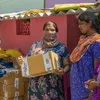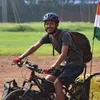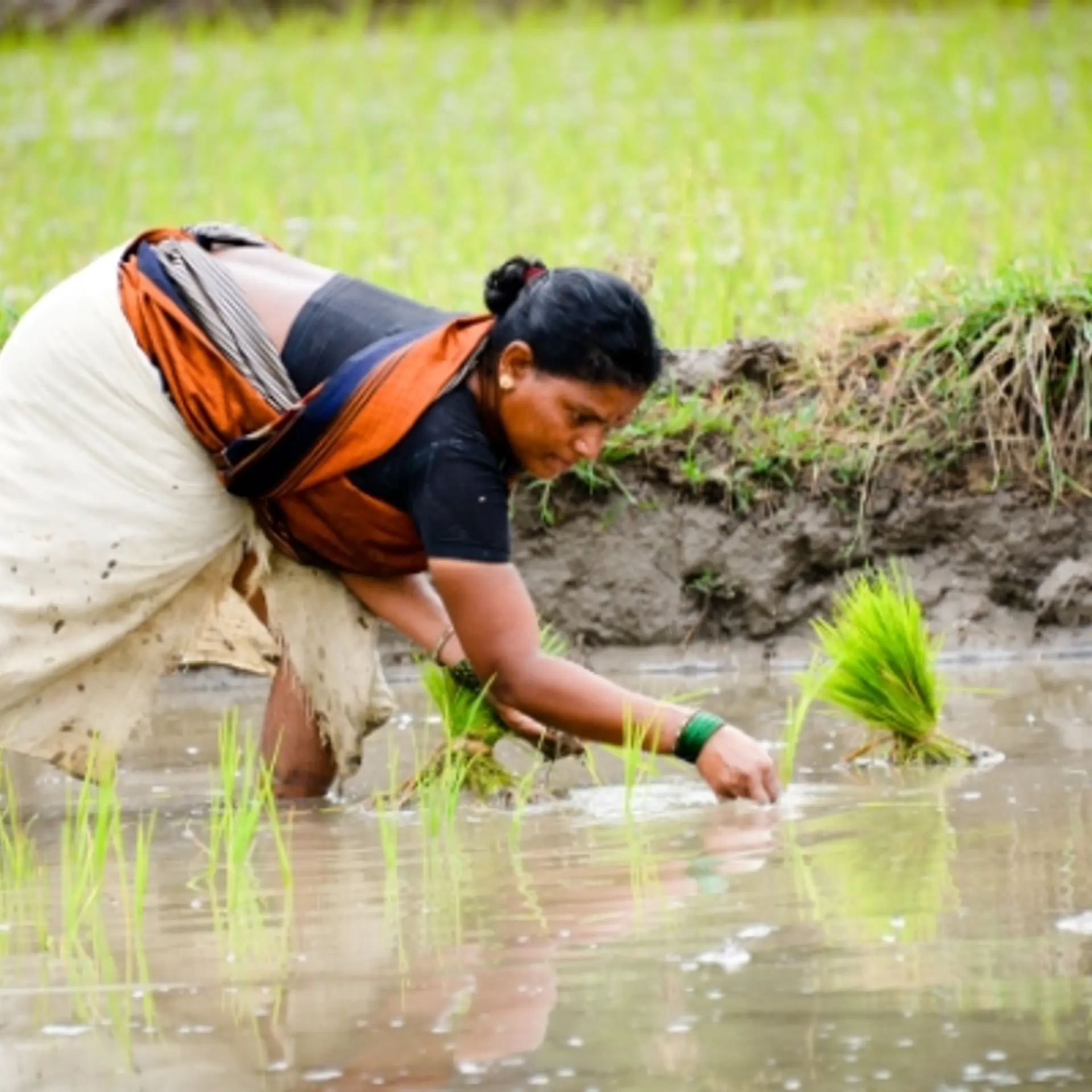This Mumbai doctor couple has collected over 125 kgs of unused medicines; distributes to needy COVID-19 patients
Dr Marcus and Dr Raina Ranney started the MedsForMore initiative to collect excess medicines from COVID-19 recovered patients to distribute to the poor.
The COVID-19 pandemic has been touted as one of the worst humanitarian crisis the world has ever seen. In India — with a population of close to 1.3 billion — the pandemic has been straining the healthcare infrastructure.
There has been a severe shortage of hospital beds, oxygen cylinders, and life-saving medicines — some of which are very expensive for a majority of the country’s population to afford.
For this reason, Mumbai residents Dr Marcus Ranney and Dr Raina Ranney have started MedsForMore to collect medicines from those who have recovered from COVID-19 and have in excess to distribute among the poor who cannot buy these life-saving drugs.
Started in May 2021, MedsForMore has a core team of eight volunteers who have collected over 125 kgs of medicine to date.

Dr Raina Ranney and Dr Marcus Ranney
How it all began
“In the first wave of the pandemic, I was working and assisting as a BMC doctor and as a medical volunteer in the slums. But in this wave, the severity is a lot, and the caseloads are much higher. I am also doing more consultations over the phone,” says Marcus.
Marcus and Raina discussed and realised that a whole population might be struggling to find expensive medicines required for treating COVID-19.
Marcus reached out to some of the other residents in his apartment complex and asked them to share any excess medicines with him so he could share them with the underprivileged, starting with his house help’s son.

The team
“When it comes to medicines, that’s how the blister packs are designed; there is always some leftover. This provided reasons to reduce wastage due to scarcity of resources, and increase the impact by giving these medicines to those who are underprivileged,” explains Marcus.
This was the start of what people referred to as a “Robin Hood army,” now called MedsForMore.
The two doctors, along with a team of six other members, manage social media accounts and other functions based on their specialities.
Collecting excess medicines
“The power of WhatsApp helps us reach out to people and share our requirements. Principally, these need to be unused and unexpired for us to distribute them,” Marcus says, adding, “Even though people are buying the medicines, and we are grateful for that, our purpose is to use those leftover medicines in this distribution.”
In Mumbai, each building and apartment complex has a representative, and a box for the medicines is kept near the security desk. This box is sent to one of the five main collection centres in different parts of the city.
Of the medicines collected, only a small percentage are found to be expired. With the guidance of a doctor, the unused and unexpired medicines are then segregated into steroids, antibiotics, fever medications, etc.

The medicines before and after sorting
Marcus says, “Once we divide the medicines, we distribute them to the NGOs working in rural communities to help us distribute them.”
The initiative is now going to five other cities, including Ahmedabad, Bengaluru, Delhi-NCR, Gurugram, and Kolkata.
At present, MedsForMore is working with several NGOs, including Goonj, Doctors For You, Ratnanudhi Charitable Trust, Karnataka Health Promotion Trust, and Rotary Club Queens Necklace, among others.
Speaking on behalf of Goonj, Founder Anshoo Gupta says, “Goonj, with its pan-India network of partners, team, and healthcare givers, is doing its bit in reaching medical aid to the faraway places, and these medicines and emotions of people are a beautiful addition.”

Dr Marcus with the packed boxes for the NGOs
“So far, over 125 kgs of medicines have been collected from hundreds of apartment complexes in Mumbai alone,” shares Marcus.
He adds that several people also offer financial donations to buy more medicines, but that dismisses the main idea. Effectively, the idea is to create a supply chain between those who have and those who need medicines. But, it is open to organisations coming forward to support them.
“Once we have the process set up, the same channel can be used to transport oxygen cylinders, concentrators, clothing, blankets, PPE kits, etc. We’re trying to do this in a data-savvy manner so we can make it a template and do this for other diseases as well,” he says.
Challenges and the road ahead
Like any NGO, Marcus says logistics and getting to different parts of the cities is the main challenge.
“This is a pandemic, and people are suffering. So we have to ensure that our processes are proper. We have accountability for what we do, and the NGOs are credited for their work,” says Marcus.
“Ultimately, we keep reminding ourselves who we are trying to help, and that’s what keeps us diligent every day,” he adds.
Talking about the road ahead, Marcus says they want to scale the templatisation to bigger numbers. Now that the process is in place, he says it wants to use this model in other cities in India.
“We’re also looking at seeing how we can do this for other infectious diseases. The chain can be useful for any other diseases that exist or can come in the future,” says Marcus.
For more information, visit www.MedsForMore.org, or send a mail to [email protected].
Edited by Suman Singh








